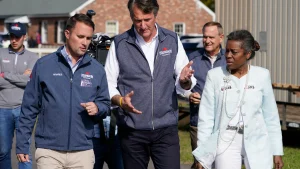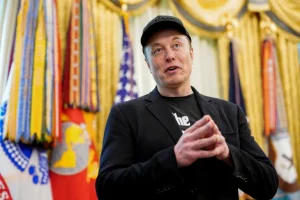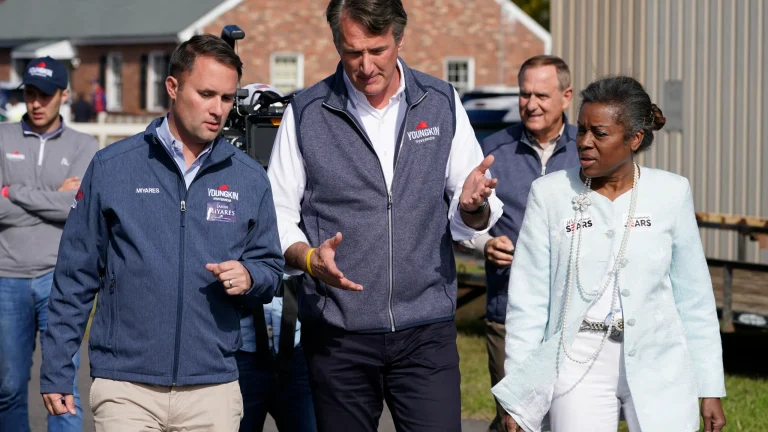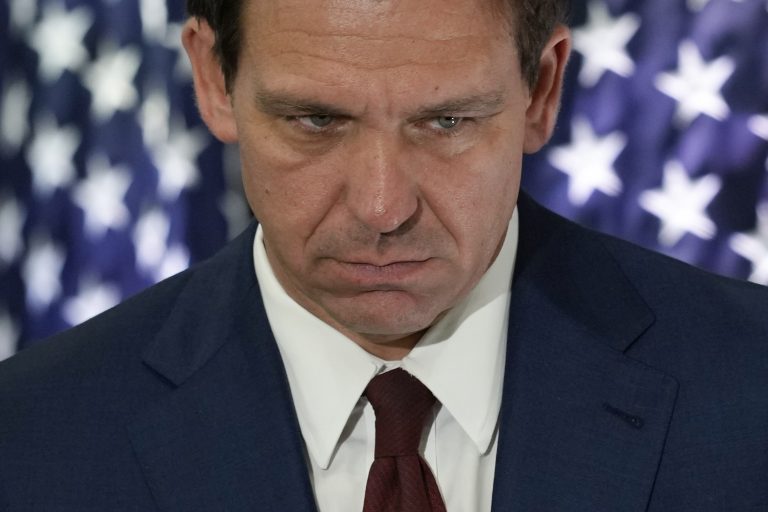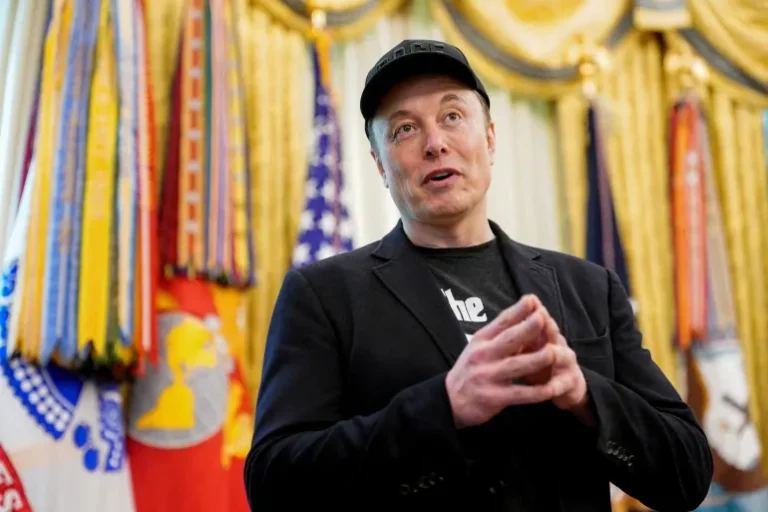March 18, 2011- Not satisfied by the 2010 Supreme Court ruling that opened the floodgates to corporate-sponsored election ads, conservative opponents of campaign finance regulations have opened up a series of new legal fronts in their effort to eliminate the remaining laws restricting the flow of money into politics.
They have taken to Congress, state legislatures and the lower courts to target almost every type of regulation on the books: disclosure requirements, bans on foreign and corporate contributions and – in a pair of cases the Supreme Court will consider this month – party spending limits and public financing of campaigns.
The sustained assault, combined with the Supreme Court’s rightward tilt on the issue, has some advocates for reducing the role of money in politics fretting about the possibility of an irreversible shift in the way campaigns are regulated and funded that would favor Republicans and corporate interests in the 2012 presidential race and beyond.
“We’ve already passed the danger point, and if you put all (the challenges) together, we could lose almost all of what we’ve had historically as campaign finance reform,” said Craig Holman, a lobbyist for the non-profit group Public Citizen, which pushes to protect or expand campaign restrictions in Congress, at the Federal Election Commission and in the courts.
“These types of lawsuits against campaign finance measures have been flooding the courts for years,” said Holman, “but now they’re finding more success with these five justices on the Supreme Court taking very anti-campaign finance reform stands – or, more appropriately, pro-corporate stances – and so the cases are reaching further than they ever did before.”
Case in point was the court’s sweeping 5-4 decision in January 2010 in Citizens United vs. FEC, which allowed corporations and unions to fund independent election ads, overturning decades of law and demonstrating the court’s tendency to view campaign cash restrictions as infringements on free speech.
The decision sparked an explosion of attack ads – many anonymously funded – that targeted Democrats and boosted Republicans in the 2010 midterm elections. It also fueled a push by congressional Democrats to tighten disclosure rules, which has yet to gain traction, as well as a partially successful effort to sway the American Civil Liberties Union, one of the few left-leaning groups to support Citizens United and other challenges to campaign restrictions.
But, perhaps more significantly, Citizens United emboldened increasingly well-funded conservative small-government groups to pursue more aggressive attacks on other regulations that were previously considered beyond reach.
“It’s premature to say we’re near a tipping point, but there is the possibility there,” said Brad Smith, a former Republican appointee to the FEC who co-founded a group called the Center for Competitive Politics that opposes campaign regulations on the same free speech grounds that the ACLU cites.
It filed a brief supporting the Citizens United challenge, and also litigated a related case in which a federal appeals court last year struck down contribution limits for independent groups airing political ads, spawning a new breed of major-donor-funded committee known as Super PACs, including American Crossroads, which spent tens of millions of dollars on ads attacking Democrats in the 2010 midterms.

